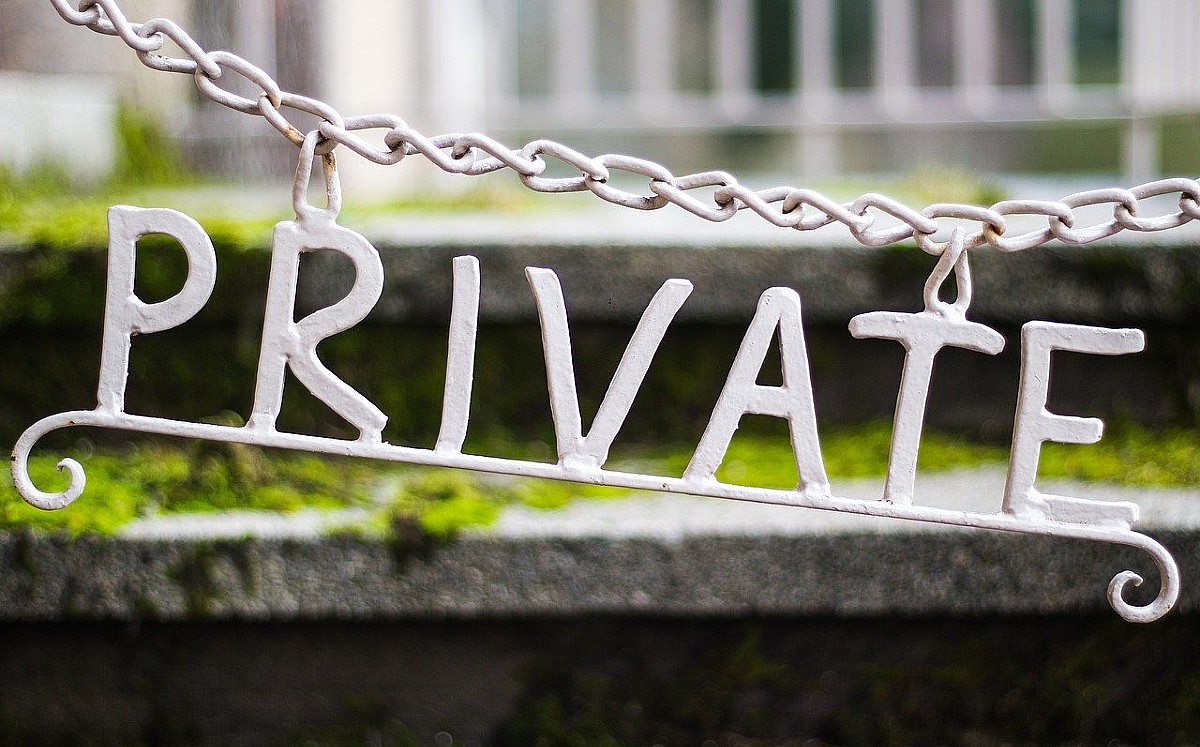
By Elliott Brack, republished with permission | Times were far different in the age of the Founding Fathers. They thought long and hard, and recognized that mankind wanted certain guarantees from government. What they came up with was to recognize “certain unalienable rights, such as life, liberty and the pursuit of happiness.”
 They should have been pleased with that statement. It was an original idea. It appealed to people in the New World who were unhappy with their rights being trampled by what amounted to a foreign government, one at least an ocean away, which did not understand the new frontier called America.
They should have been pleased with that statement. It was an original idea. It appealed to people in the New World who were unhappy with their rights being trampled by what amounted to a foreign government, one at least an ocean away, which did not understand the new frontier called America.
Yet our young country-to-be was developing in what we look upon today as a relatively quiet and non-invasive time, when there was not the hubbub of constant activity we have today. The new atmosphere offered by our new government was exciting to these citizens of the new United States of America. They were joyfully independent now as a nation, and we suspect, almost giddy about being a new country with its own brand of government.
And what the forefathers eventually produced as our “Bill of Rights” contains certain liberties that we all cherish. However, life in today’s world might need a little closer examination about what we may not realize we need.
Have you ever considered your “right to privacy?” It’s no longer what it used to be since the arrival of a new form of communication. Now we are forever being invaded via the telephone and the Internet and all sorts of media with comments and advertising messages, and with unsolicited offers popping up for products we don’t want. Most troublesome, we have learned, much of our most private information is collected by private companies and our government. It is readily available for the world to see on the Internet, mostly put there without our individual permission.
Europe is well ahead of our country in this area. The European Union countries have General Data Protection regulations, setting rules and standards of what companies can do with data. These countries generally give individuals more rights to privacy than the United States does.
Another element Europe thought of is the “Right to be forgotten,” that is, having public information about an individual expressed online and stay there forever.
The right of privacy is an element of various legal traditions to restrain governmental and private actions that threaten the privacy of individuals. Over 150 national Constitutions mention the right to privacy.
With Europe tightening what Internet storage companies can do with information, it is beginning to create some momentum about these issues in the United States.
The concept of privacy uses a “theory of natural rights.” Even as far back as when Louis Brandeis was on the Supreme Court, (1916-1939), his work is often cited as the first explicit declaration of a right to privacy in the USA. Both Brandeis and Earl Warren wrote of the “right to be let alone,’ focusing on protecting individuals. Brandeis had earlier even written that “…the government (was) identified ….as a potential privacy invader.”
That sounds like Brandeis could foresee the future!
Perhaps, someday in our country, when the United States returns to a more normal news cycle, without constant Twitter manipulations by a president, the issue of a right to privacy may become more significant to modern everyday life. The forefathers would probably approve of some restrictions on the technologies we have developed.
Elliott Brack, a Georgia journalist for more than 60 years, is editor and publisher of GwinnettForum.com. Have a comment? Send to: feedback@statehousereport.com.
















 We Can Do Better, South Carolina!
We Can Do Better, South Carolina!